Safe Work Australia is calling for public submissions on how to best manage the respirable crystalline silica (silica dust) in Australian workplaces.
Have your say on the regulatory and non-regulatory options outlined in the consultation regulation impact statement.
Stakeholder comments and supporting evidence can be submitted online until 15 August 2022.
Exposure to silica dust occurs in a variety of work settings in Australia with processing of silica-containing materials such as engineered and natural stone and concrete. Silica dust is generated through processes such as cutting, sawing, grinding, drilling and crushing of silica-containing materials.
Workplace exposure to silica dust has led to an increase in the number of cases of silicosis and other silica-related diseases in Australia.
Consultation details
We would like to hear from persons conducting a business or undertaking (PCBUs), work health and safety professionals, government agencies, industry and peak bodies, employer and worker representatives, and other parties interested in managing the risks of respirable crystalline silica at work so that we can gather additional evidence and data on the extent of the problem and to seek views on the impact of the proposed options.
The Consultation Regulation Impact Statement contains targeted consultation questions to consider when making a submission. However, there is no obligation to answer any or all of the consultation questions, and there is no limit to the length of submissions.
There will be a 6 week consultation period and submissions can be made through our consultation page until 11.59 pm (AEST) on Monday 15 August 2022.
Your views and supporting evidence on the anticipated impacts will be used to evaluate the costs and benefits of proposed options. This information will be provided to WHS ministers to assist them to decide the course of action to be taken to reduce workplace exposure to silica dust.
You can subscribe to the occupational lung diseases mailing list to stay informed about the progress of the consultation.
Please contact occhygiene@swa.gov.au if you have any questions about the consultation.

